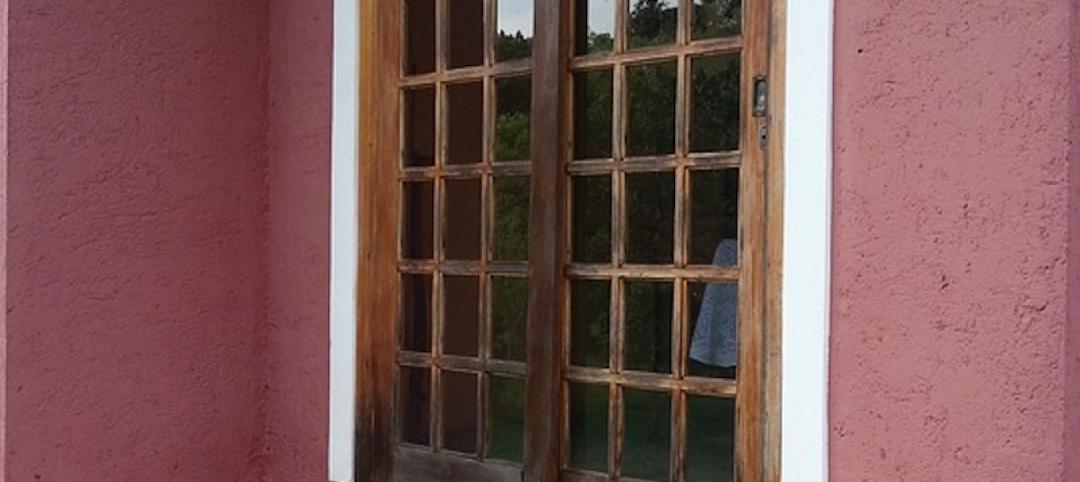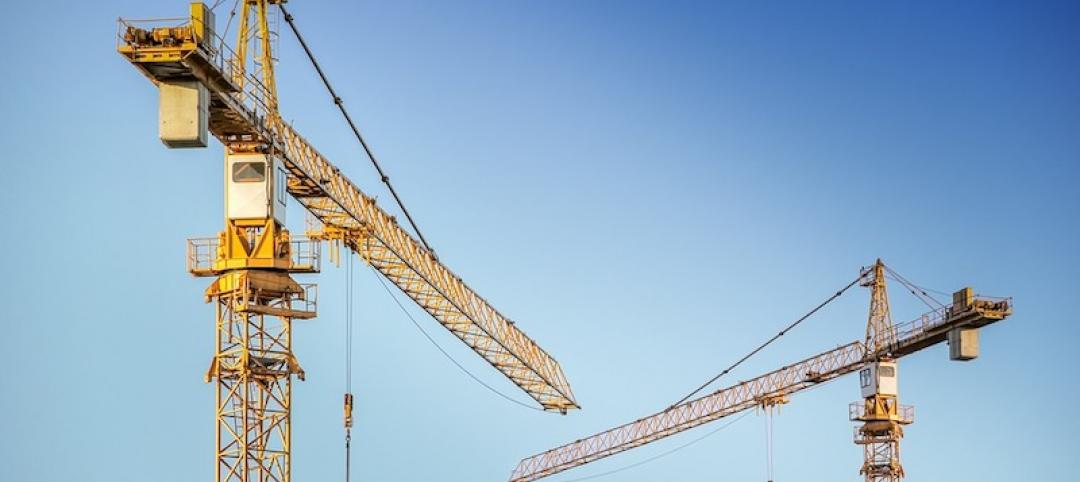Two years ago, a plan to create a smart city project along Toronto’s waterfront was unveiled with great fanfare.
Since then, the proposal, spearheaded by Sidewalk Labs, a subsidiary of Alphabet (Google’s parent company) has prompted extensive public criticism and a lawsuit by the Canadian Civil Liberties Association over data privacy and misuse concerns. The ambitious project was conceived as a showcase for the latest smart city technologies.
The project is to be centered on sustainable and safe transportation systems, and efficient and affordable housing. Technology such as “adaptive traffic lights” would prioritize cyclists and pedestrians and study the possibility of autonomous transit options. Innovative building materials and new occupancy models, like “co-housing”, would offer green, reasonably-priced housing.
With sensors tracking people and vehicles sprinkled throughout the development, privacy rights advocates are concerned that the data could be used for surveillance and discourage people to exercise free speech rights. It didn’t help that at public hearings Sidewalk Labs seemed unable to spell out where this data would be stored and how it would be used.
The company also presented a greatly expanded scope of the proposal from the original 12 acres to a 190-acre area at a public meeting, perhaps misreading the intent of the agreement with the city. These issues have caused delays to the project, but Waterfront Toronto, the city group overseeing it, recently voted to go forward with the 12-acre development.
Other smart city projects around the globe, including in South Korea and India, have been also been plagued by delays and controversies. These challenges indicate that making cities smarter will not be easy.
Related Stories
Codes and Standards | Nov 30, 2018
Best solution to prevent California wildfire disasters: Stop building in places likely to burn
Approach would be unpopular as people attracted to stunning wooded landscapes.
Codes and Standards | Nov 29, 2018
USGBC and BRE form partnership
Two green standards groups will collaborate on standards, platforms, and research.
Codes and Standards | Nov 29, 2018
Parking garages in N.Y. State will have to be inspected every three years
Professional engineer must assess conditions.
Codes and Standards | Nov 28, 2018
To build water-efficient cities, water managers and urban planners must coordinate better
Lack of time and resources, and practitioners not in habit of working together hamper efforts.
Codes and Standards | Nov 27, 2018
AAMA updates specification for roller assemblies in sliding doors, and lift and slide doors
Last update was in 2015.
Codes and Standards | Nov 26, 2018
All LEED-certified buildings eligible for LEED recertification
Projects must submit 12 months of data demonstrating continued or improved performance.
Codes and Standards | Nov 20, 2018
OSHA publishes updates to crane operator certification requirements
Long-delayed rules accept certifications by type or type and capacity.
Codes and Standards | Nov 19, 2018
Guide offers understanding of elements that create successful multi-floor communal spaces
CTBUH technical document analyzes how to approach tall urban habitat.
Codes and Standards | Nov 16, 2018
2018 International Green Construction Code released
Updated version helps governments streamline code development and adoption.
Codes and Standards | Nov 15, 2018
New versions of DOE’s EnergyPlus engine and the OpenStudio software development kit released
New offerings resolve over 70 bugs and offer new features.

















